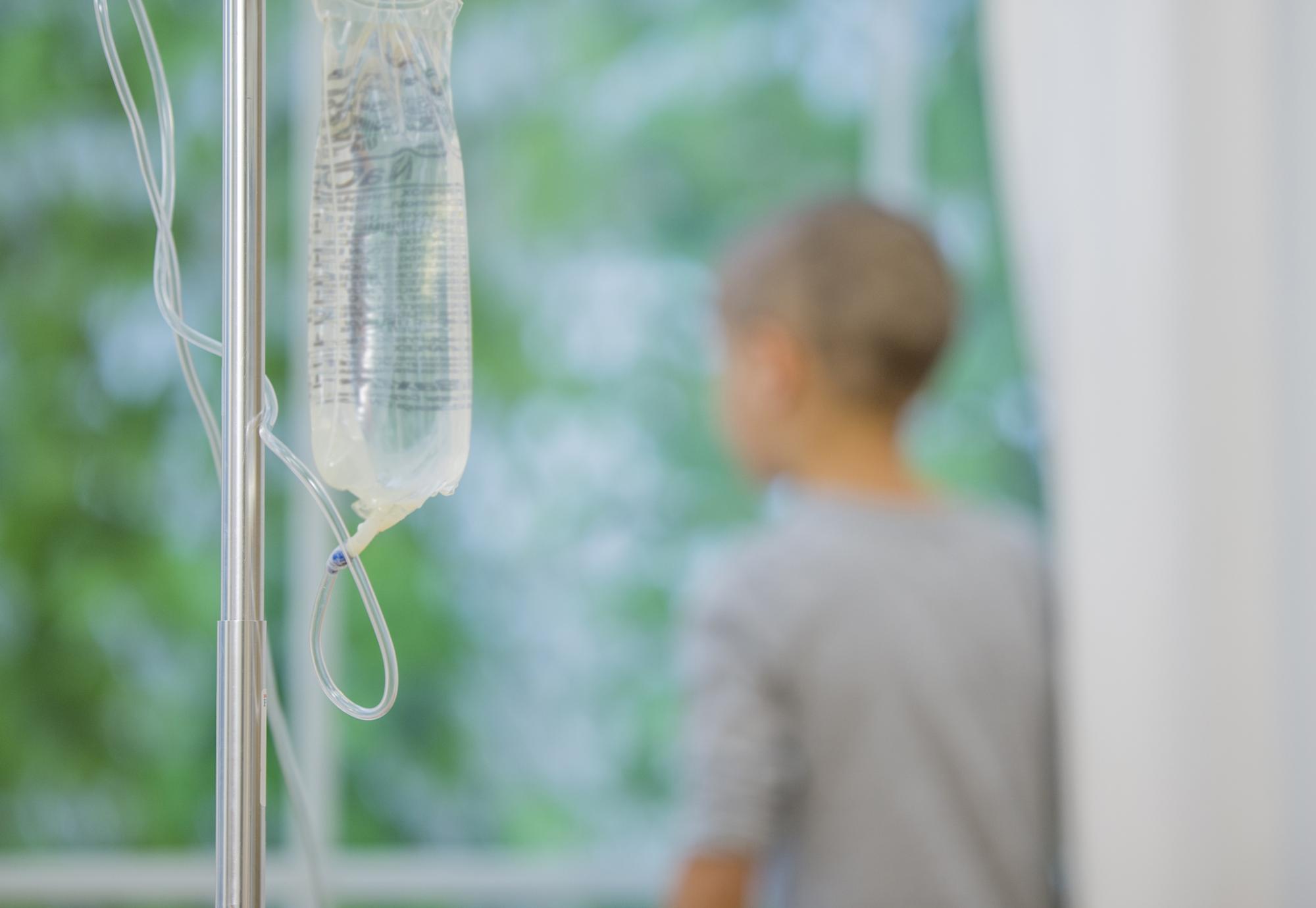A study carried out at Addenbrooke's hospital, based at Cambridge University Hospitals NHS Foundation Trust showed that by decoding a child’s entire genetic sequence a more accurate cancer diagnosis can be reached or can reveal more options for treatment of the cancer.
Whole genome sequencing is currently being rolled out across childhood cancer patients in England after the study which involved thirty-six children found a variety of results which could prove crucial for future diagnosis in children.
From the thirty-six participants, twenty-three different types of solid tumour were found, each participant had both a blood sample and tumour sample sent to a lab where the DNA sequence could be revealed.
The variants in each child were analysed to detect how the cancer developed, the exact cancer type and which treatment would be most effective for them. This process revealed a range of important genetic differences.
Some of the findings included:
- In two cases, the research refined the children’s diagnosis.
- In four cases, the diagnosis was changed.
- In seven cases, treatments which may not have otherwise been considered were revealed to be effective.
- In two cases, it showed the cancer may be hereditary.
- In one case, two genes had become stuck together (gene fusion) which could be the reason for the tumour growth.
Dr Patrick Tarpey, lead scientist for solid cancer in the East Genomic Laboratory Hub, based at Cambridge University Hospitals NHS Foundation Trust said: “Whole genome sequencing can sometimes unravel unexpected results that may not have been considered via routine investigations. We’ve already learned a lot about using this type of test in our pilot study, both in terms of its benefits for children and in terms of how to optimise the results.”
“Our results from this relatively small pilot group of children with cancer, show how diagnosis and treatment can be improved. It suggests that offering whole genome sequencing to all children with cancer will provide more accurate information on diagnosis and prognosis, show whether there could be any hereditary cancer risk and help inform treatment options.”
Dr Julia Chisholm, chairwoman of the NCRI's Children's Group, based at The Royal Marsden NHS Foundation Trust, said: "This research shows that it's feasible and beneficial to analyse the whole genetic code in children diagnosed with cancer.
"Whole genome sequencing helps us to be more precise in tumour diagnosis and to tailor treatments to suit individual patients as accurately as possible.
"As this innovation is introduced more widely, we hope that even more children will survive cancer."



















